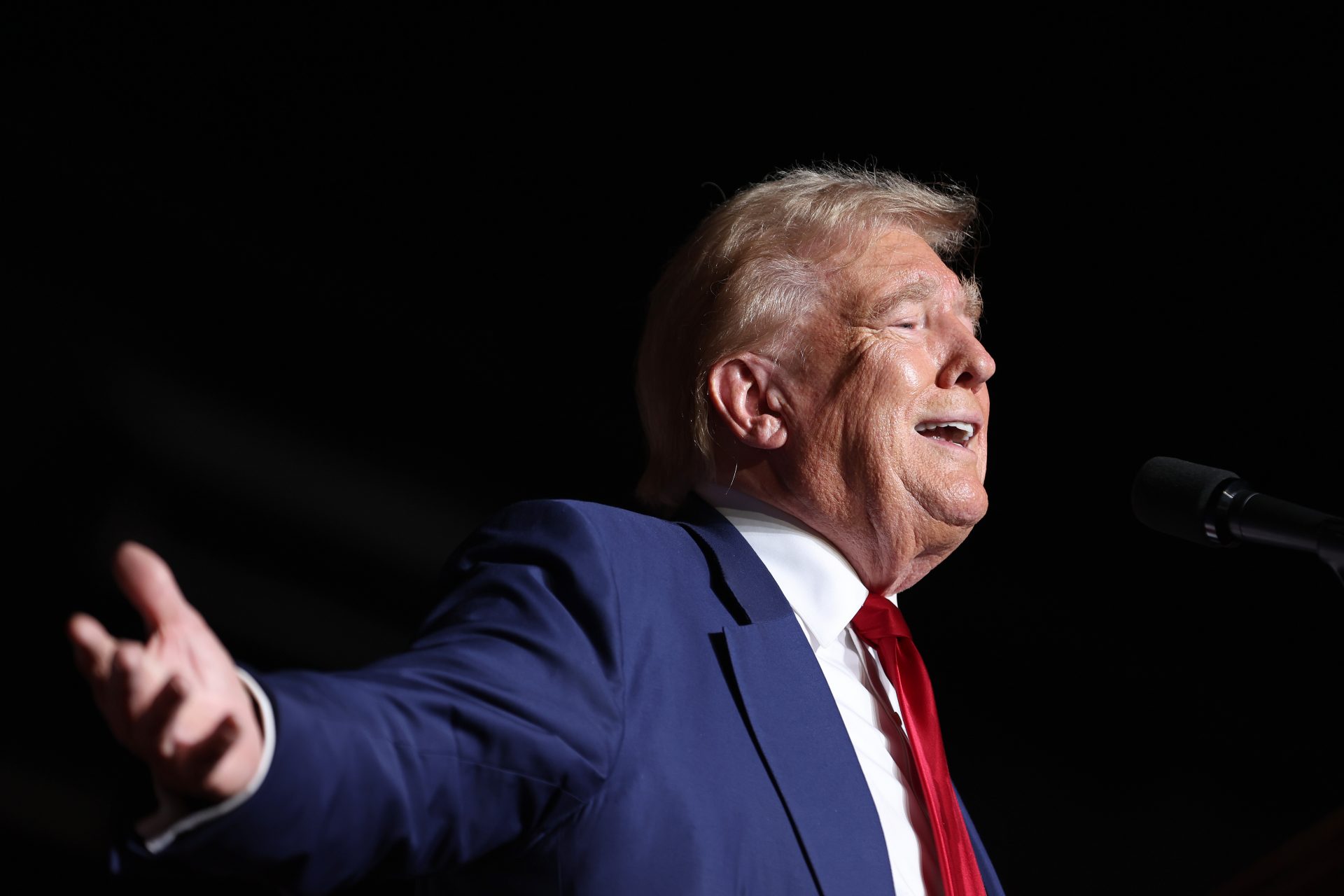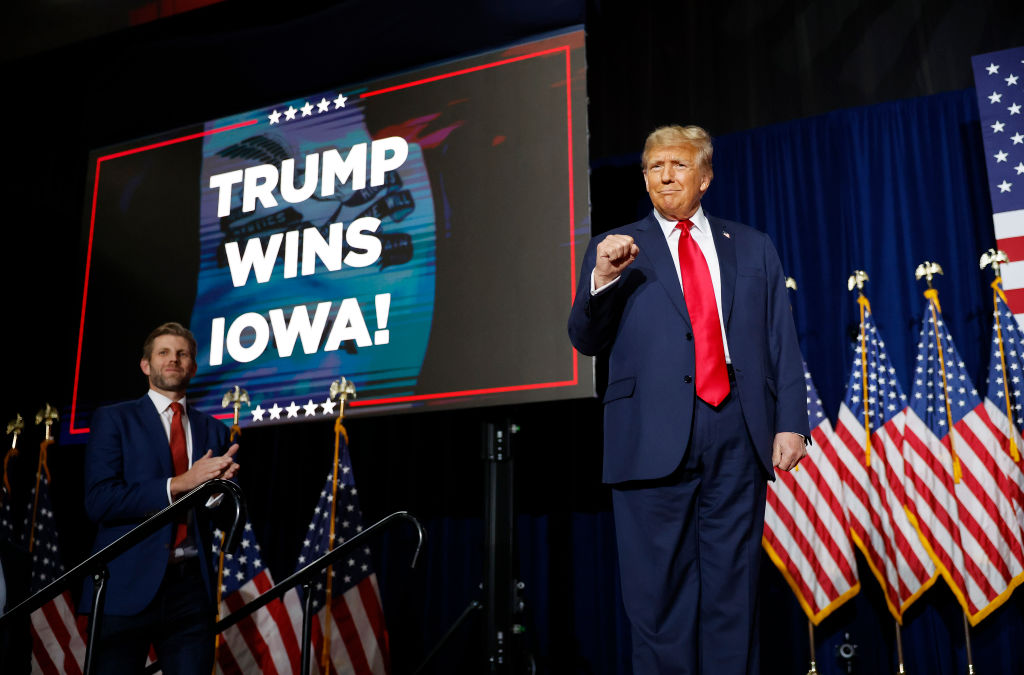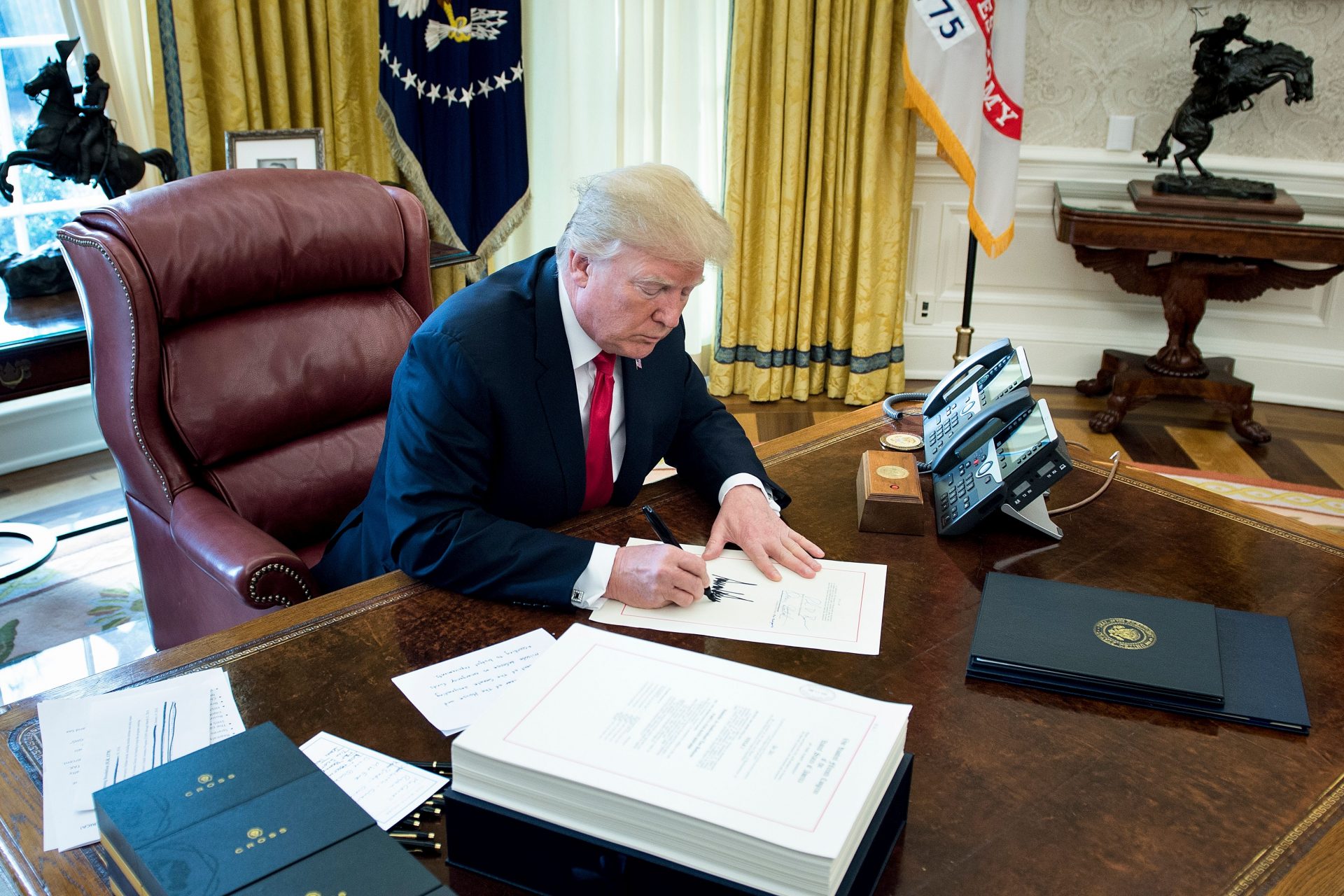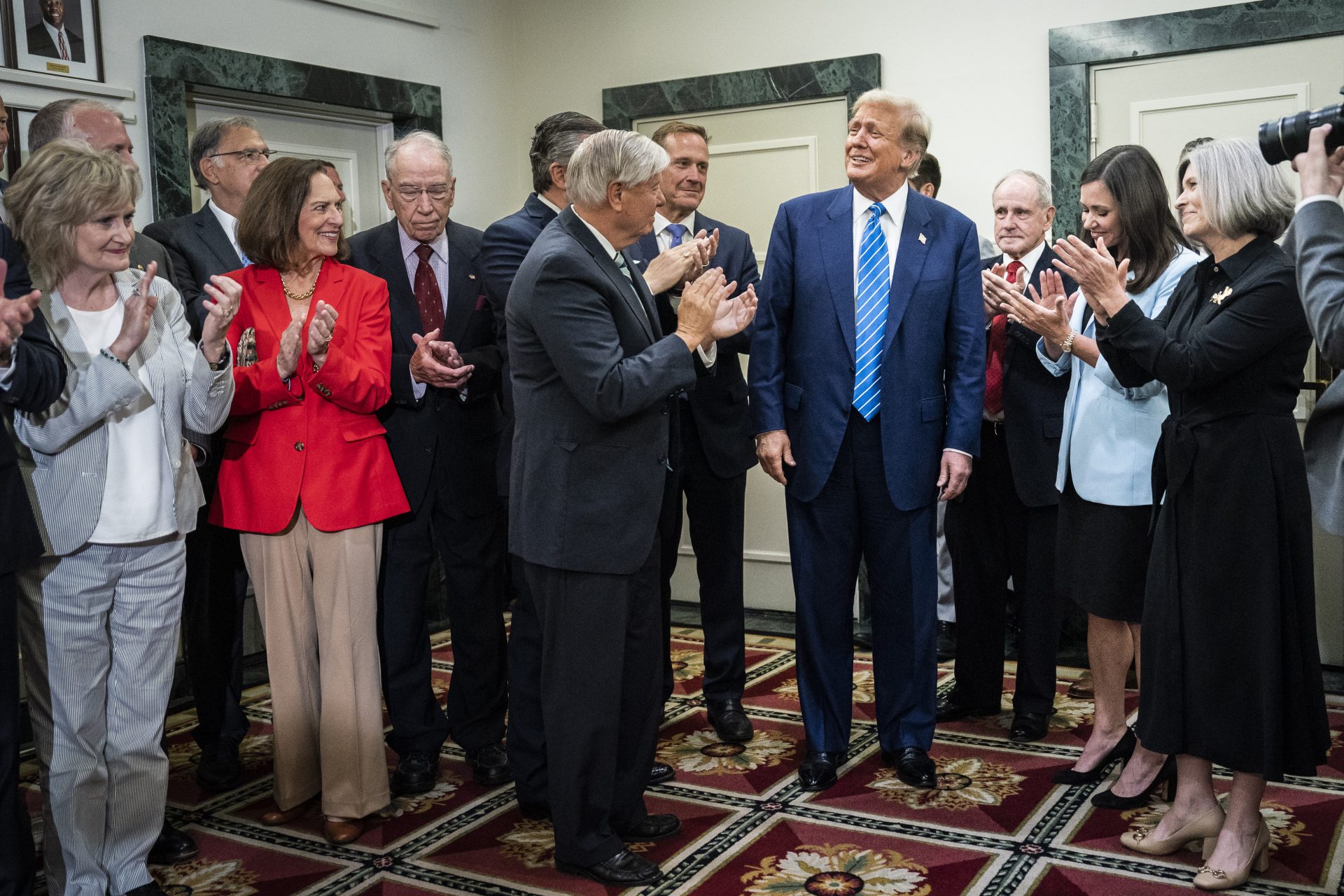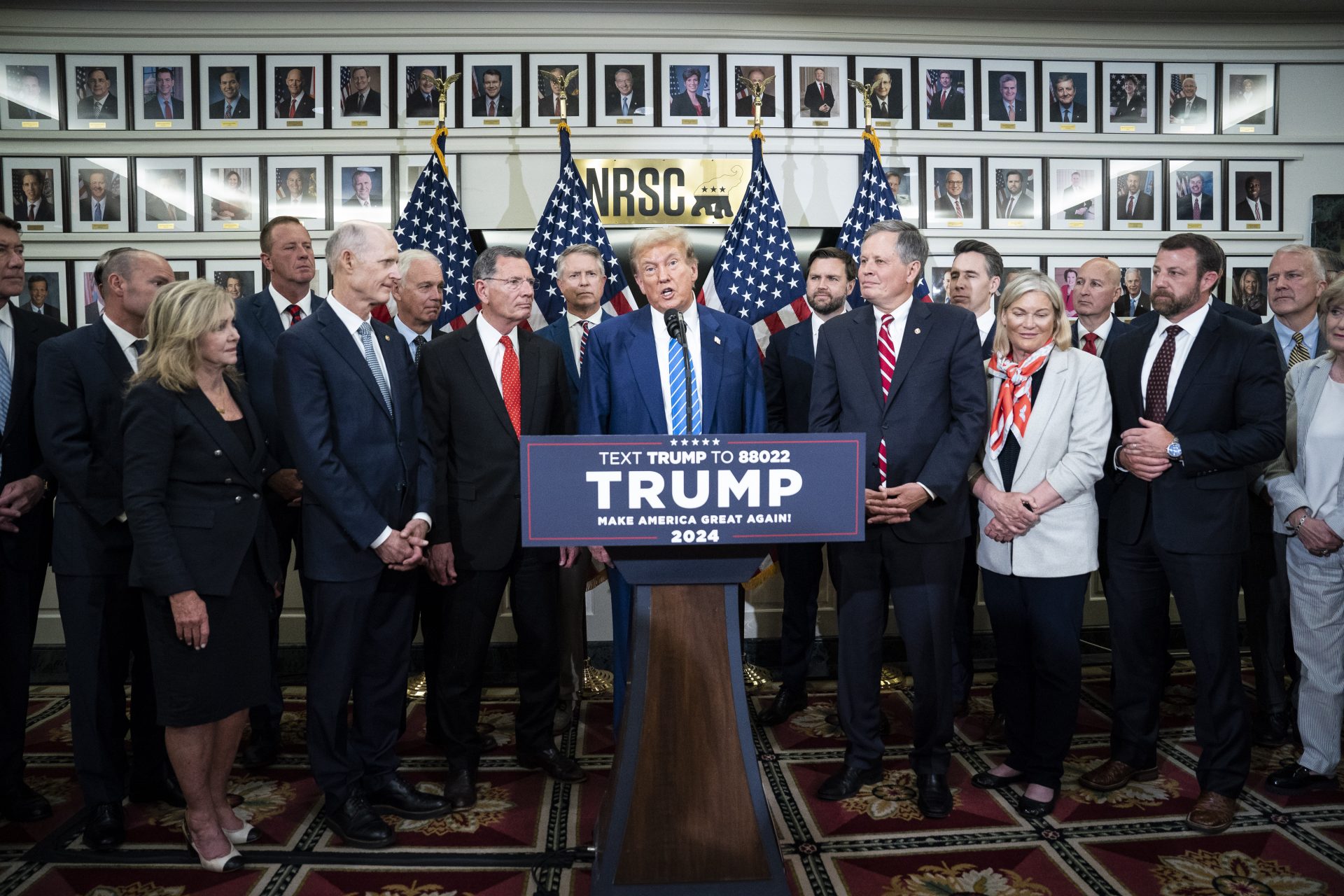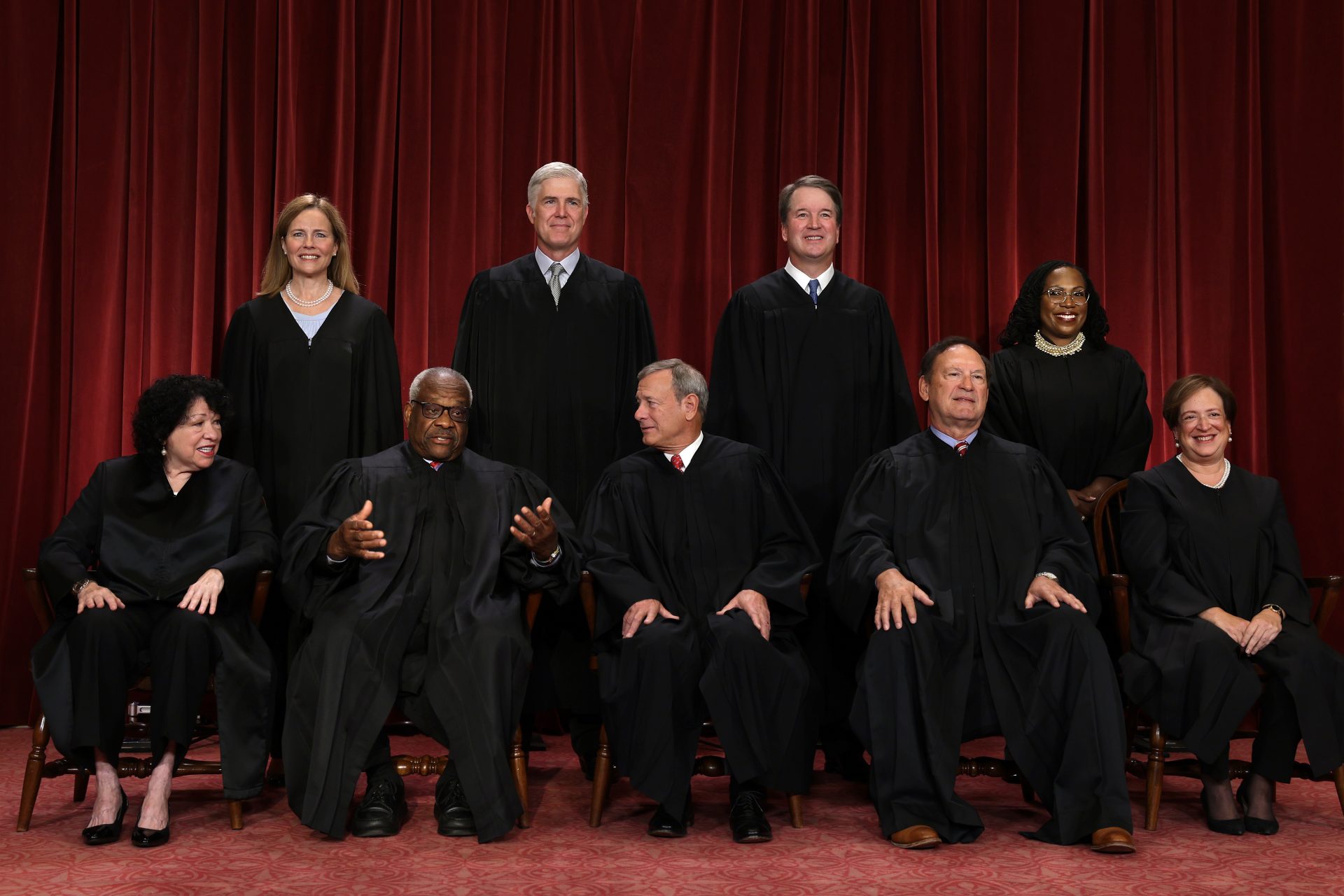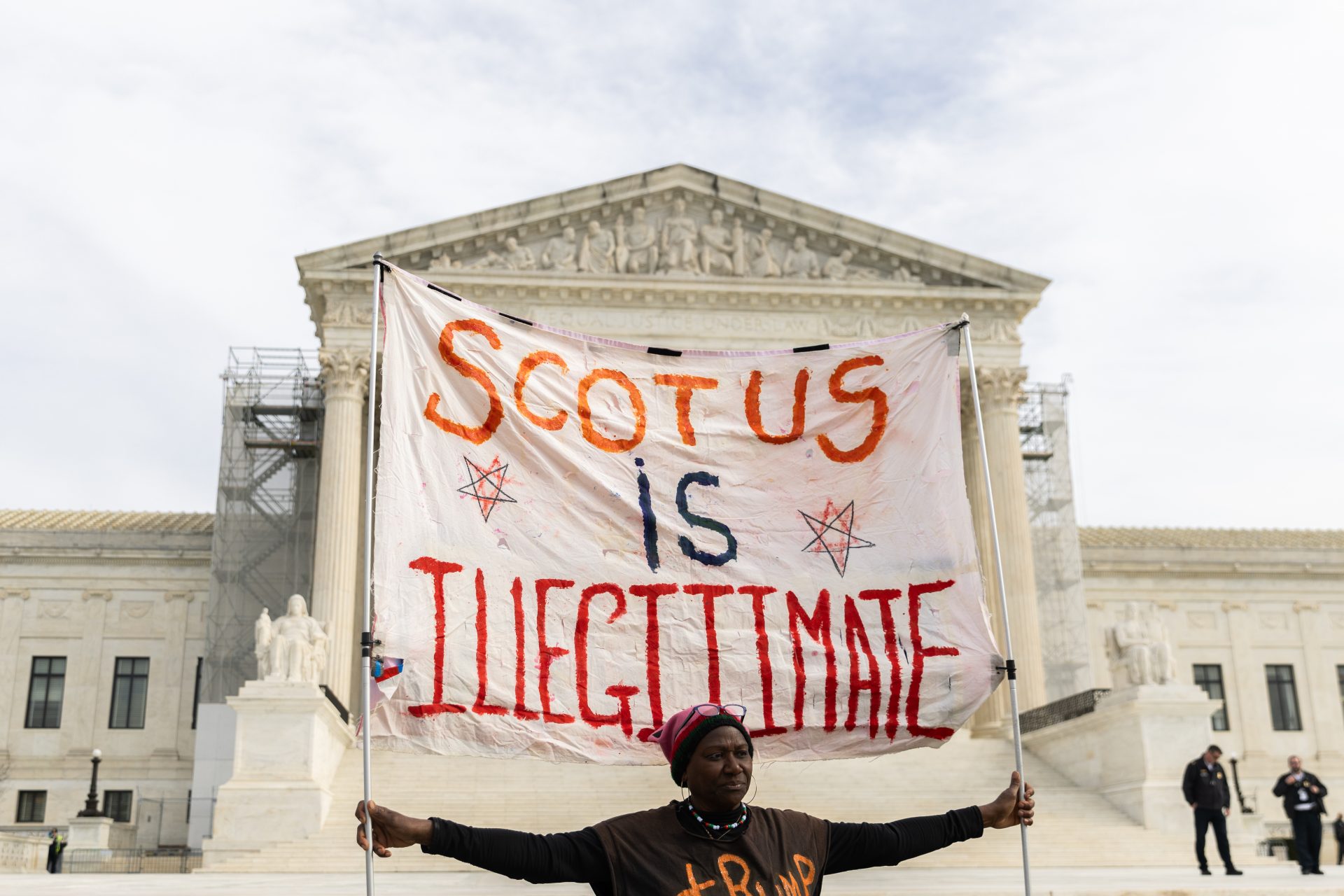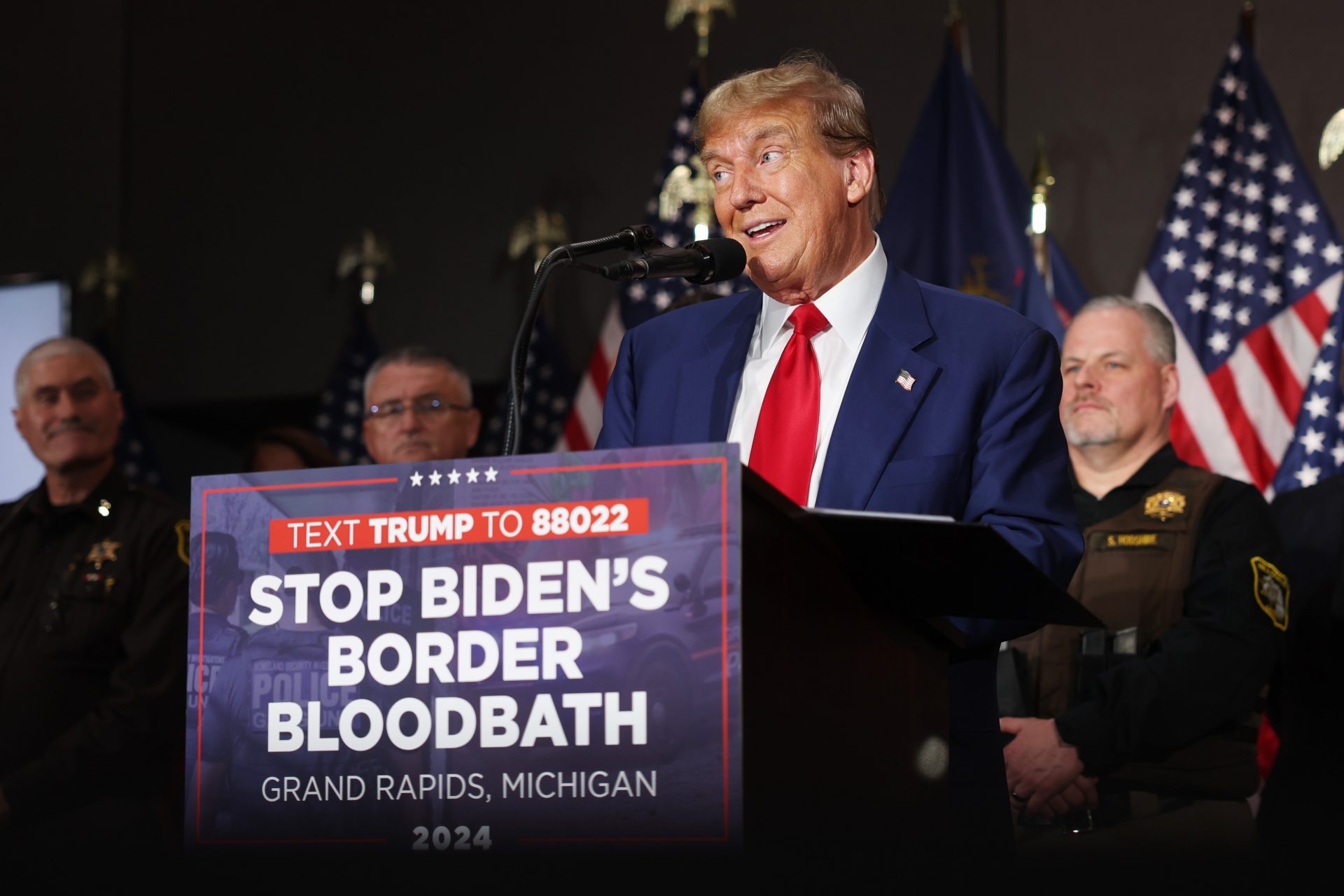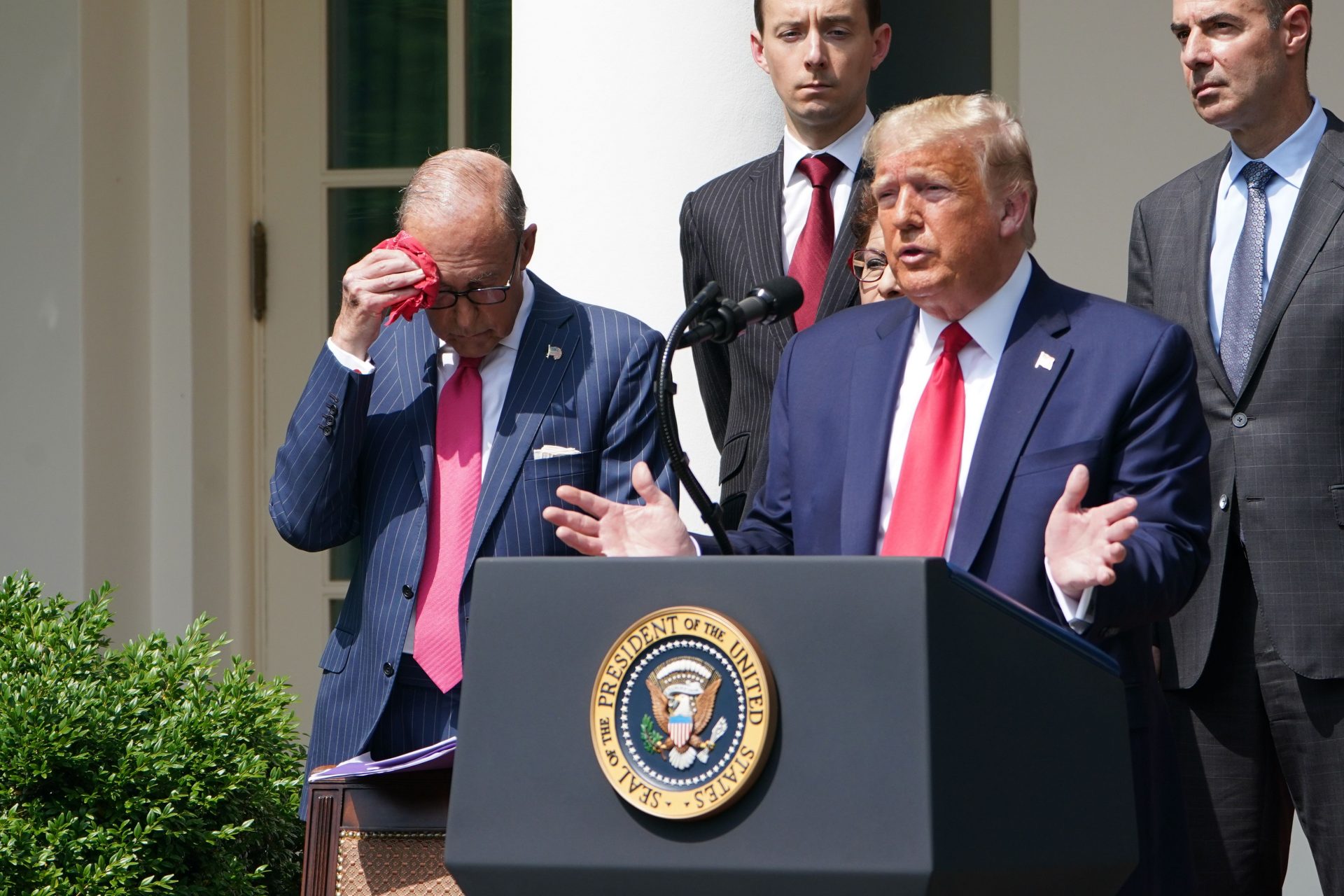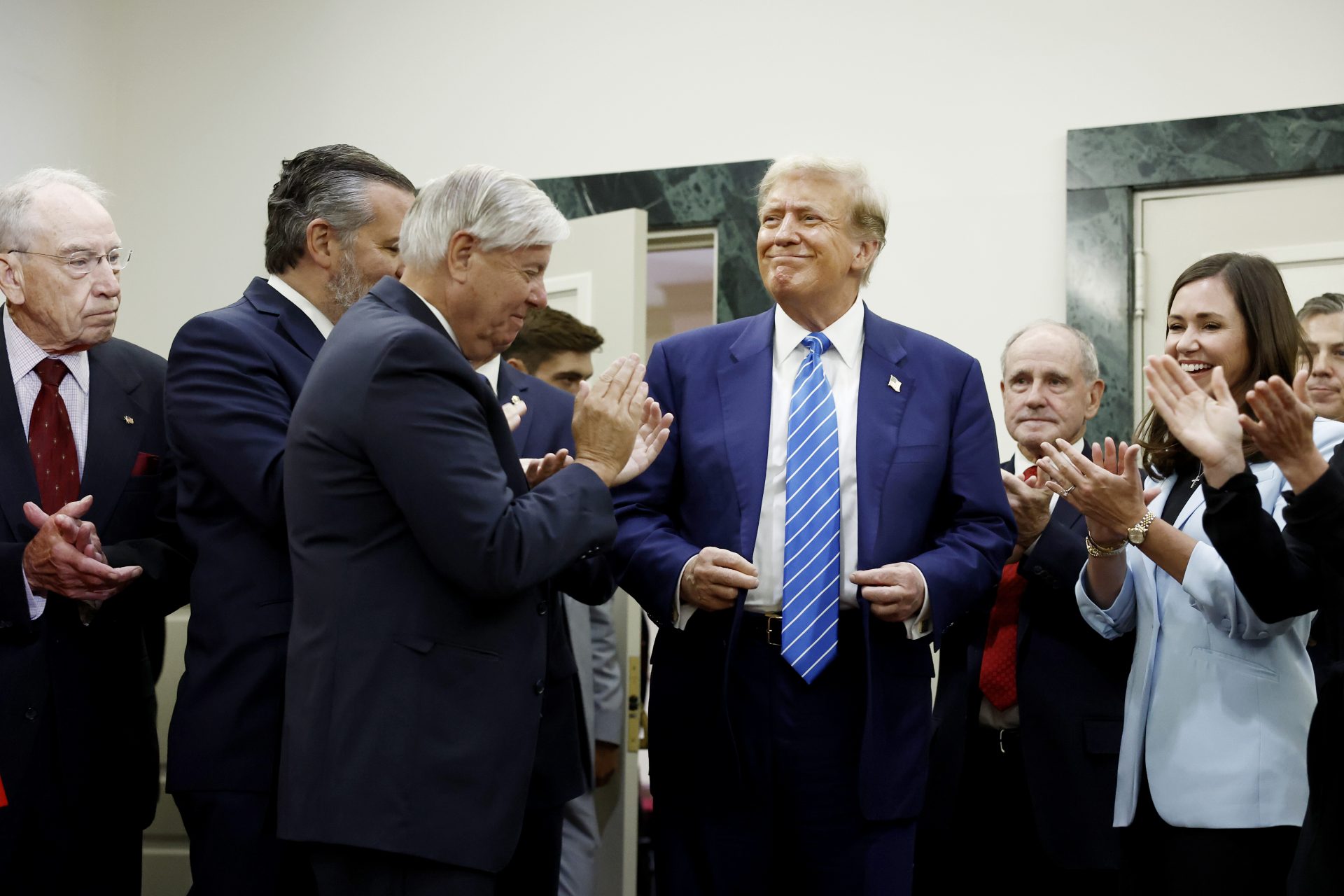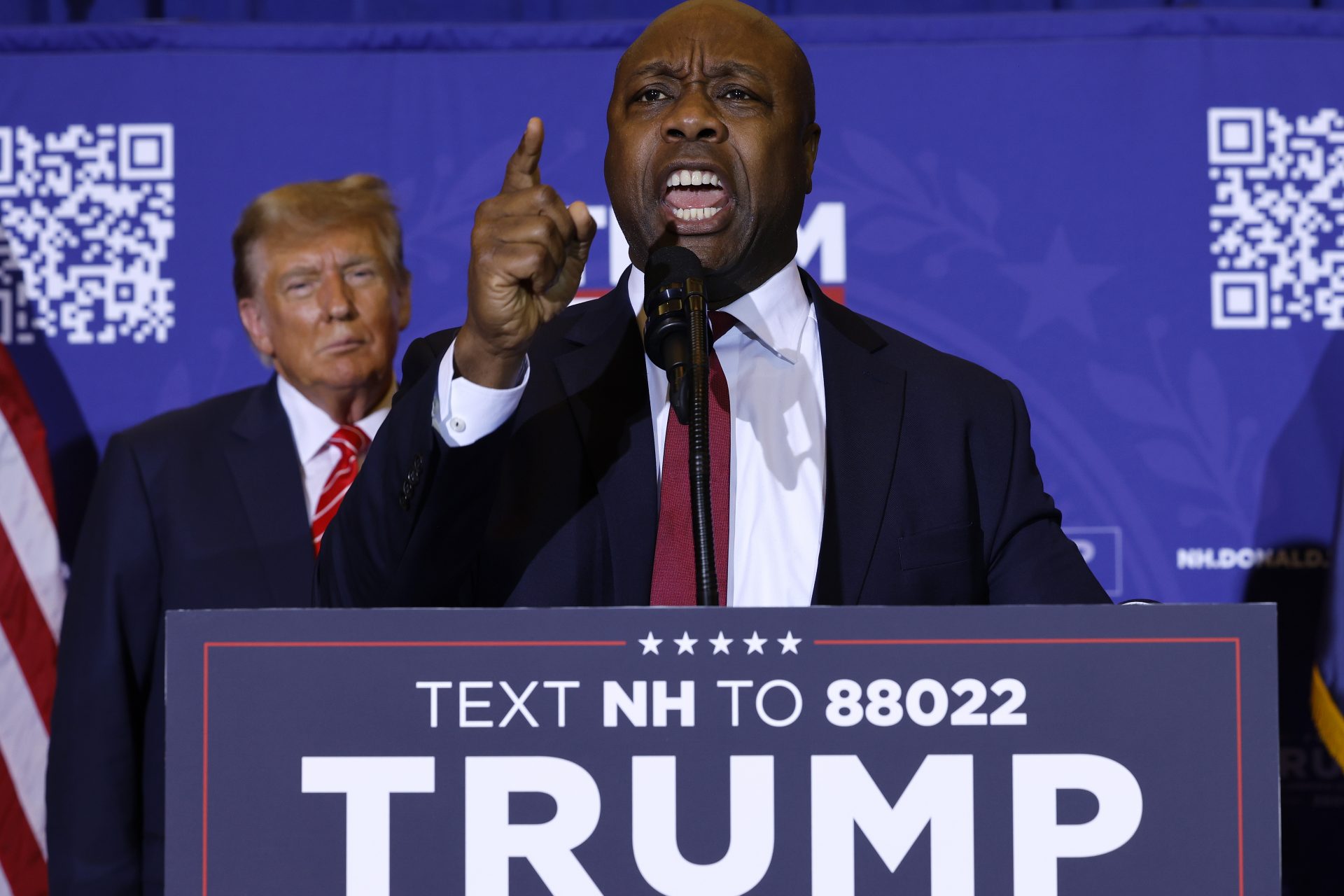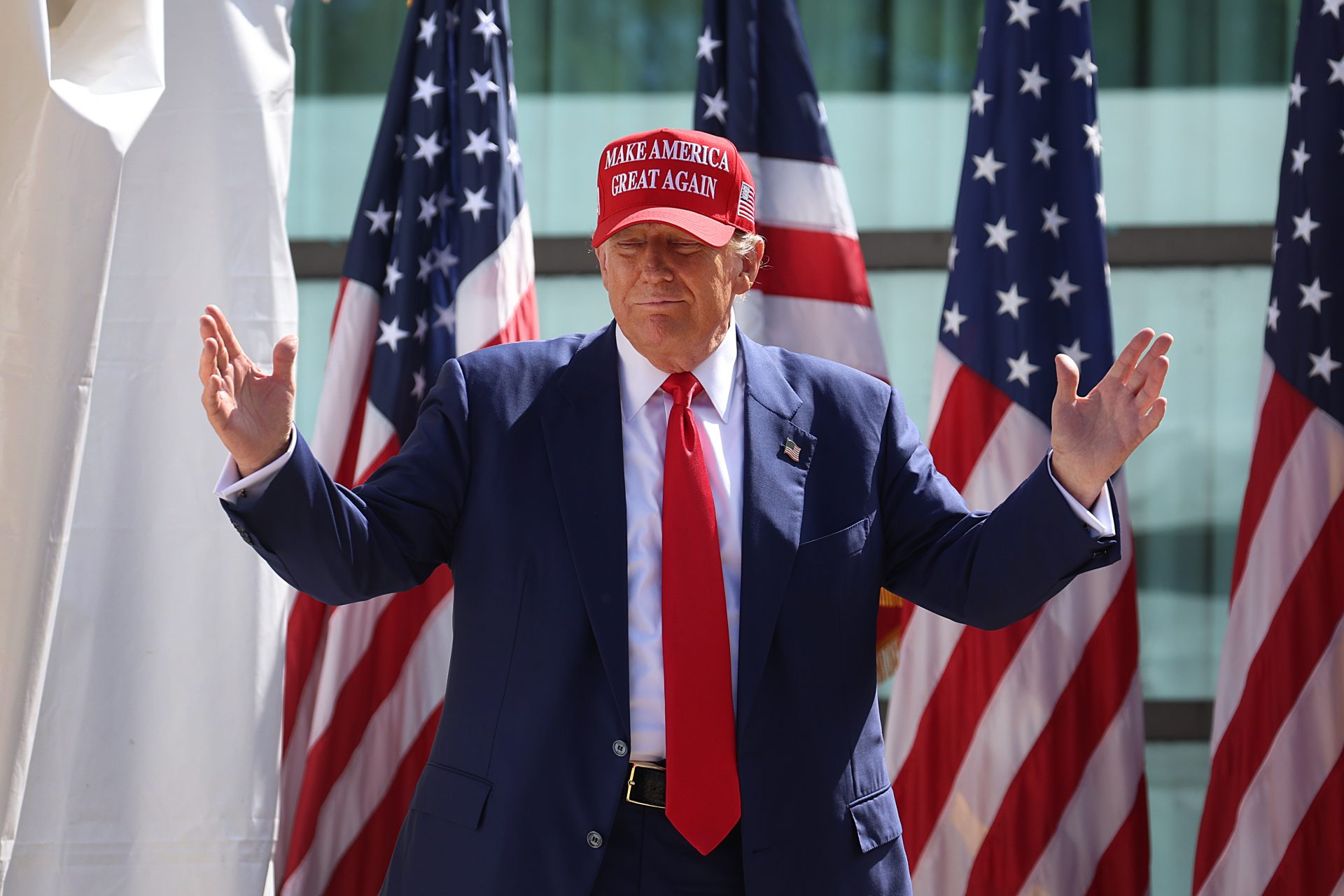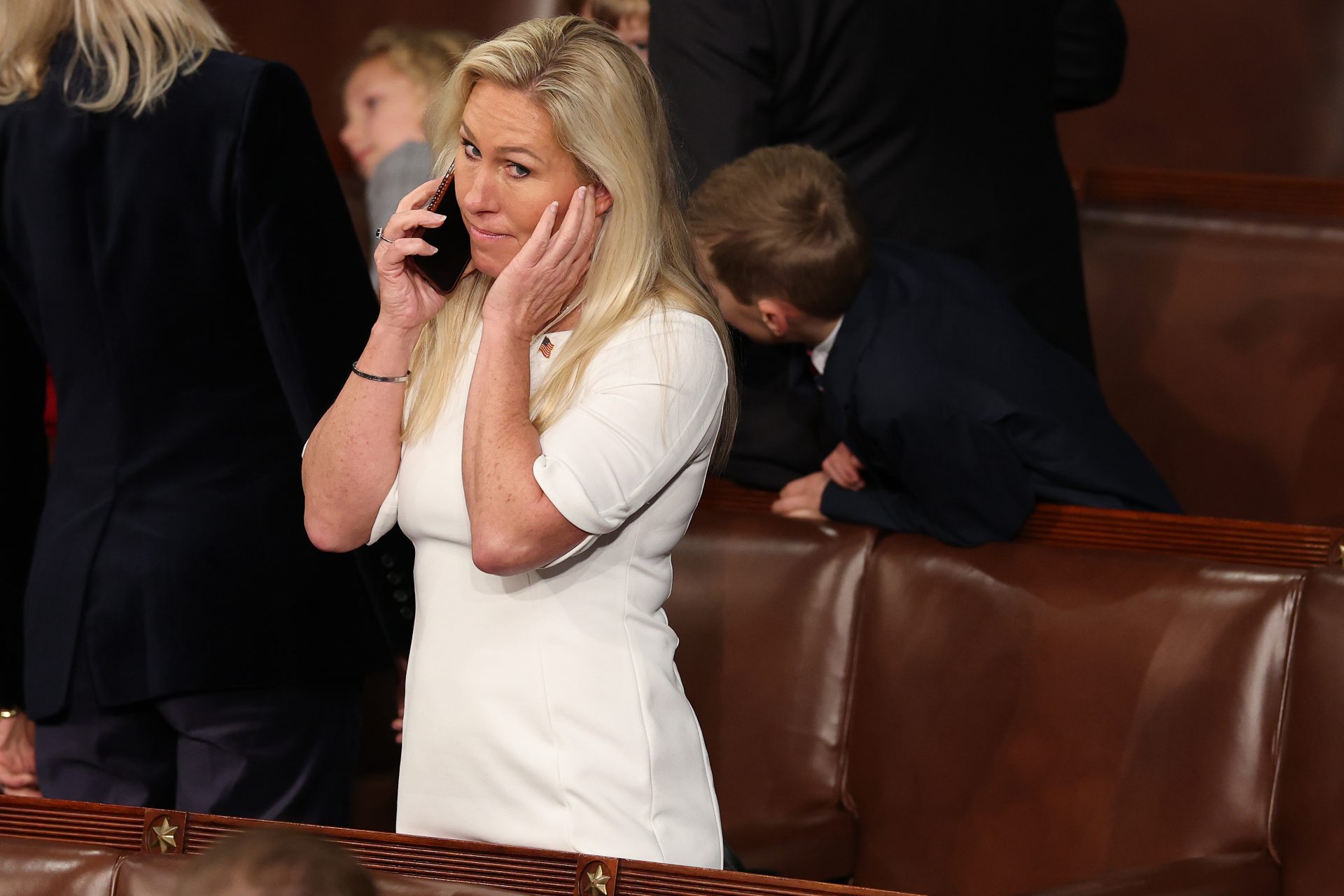What would a second term of Trump in the White House look like?
Kamala Harris has been doing amazingly well but there is still a very real chance that the United States will see Donald Trump win the Presidential elections this November. Which leaves us wondering, what exactly a second term with Trump in the White House look like?
CNN’s Phil Mattingly tried to answer this question for the news outlet’s readers in June and pointed to five ways in which a second Trump term in office would be different from his first based on a Republican operative’s analysis of the dynamics of the Republican Party around the time of the Iowa Caucus.
Before diving into what was different in 2024, Mattingly set the stage for the analysis by noting that the former president’s first term was defined by the guardrails of government that he crashed into while leading the nation.
Mattingly also pointed out Trump’s term in office was defined by “the institutional norms he breached and the veteran lawmakers and advisers he lashed out against. Each now stands diminished, reshaped to his advantage – or eliminated entirely.”
The first major change in 2024 from 2016 is that the lawmakers in Washington are much different from those who were around when Trump first entered office. Trump will have a level of Republican support he lacked the first time around.
“It’s a reality that was on vivid display in Washington earlier this month, when the former president met behind closed doors with House and Senate Republicans on Capitol Hill. His remarks before the House lawmakers were met with several standing ovations,” Mattingly wrote.
Many of the former president’s harshest critics in the Republican Party have left office or have stepped down in the years since Trump left the White House. How this will affect a second Trump term is unknown, but Trump’s policies would likely have broad support.
The makeup of the nation’s judges is also vastly different now than when Trump entered office in 2017. The former president had a profound effect on the Supreme Court but he also had a major effect on federal courts across the nation.
Mattingly pointed out Trump “reshaped the judiciary at the appellate and district court level” through the nomination of 234 judges that received Senate confirmation. These judges are still in place all across the country.
The judges Trump appointed were part of a larger ideological shift towards people who were “a more Trumpy-type Republican appointee” according to Georgetown University law professor Steve Vladeck, which could pose a major problem.
Trump-appointed judges may not necessarily always support Trump in a second term, but Mattingly noted that federal courts “federal courts blocked or forced the withdrawal of an unprecedented 78% of the Trump administration’s rules in his first term.”
“As Trump and his advisers explore an increasingly expansive view of executive power, it’s likely any second-term efforts could land in more hospitable territory,” Mattingly added.
Trump's policymakers are also different this time around. They have learned from many of the mistakes of the former president’s first term, which means a second term could see many ideas streamlined and the policymaking process sharpened.
“Trump’s campaign is flush with expansive proposals designed to quickly reimplement, and then dramatically expand on, policies targeting immigration, taxes and trade,” wrote Mattingly, adding his advisors were ready to embrace new views of executive powers.
The former president’s advisors are also vastly different from his first term in office. Instead of being surrounded by people who may push back, Trump is now advised by those who are “exceedingly loyal and certain to play key roles should he win a second term.”
Finally, Mattingly noted that Trump himself is a much different candidate than he was in 2016 or even 2020. Trump has been charged with several crimes, including conspiring to overturn an election, many of which could go away if he is elected again.
“He’s currently at the height of his power within the Republican Party at a moment when his once-fringe or unorthodox policy preferences are dominant,” Mattingly explained. How this might affect a second Trump term is not yet known, but it may not be good.
More for you
Top Stories



